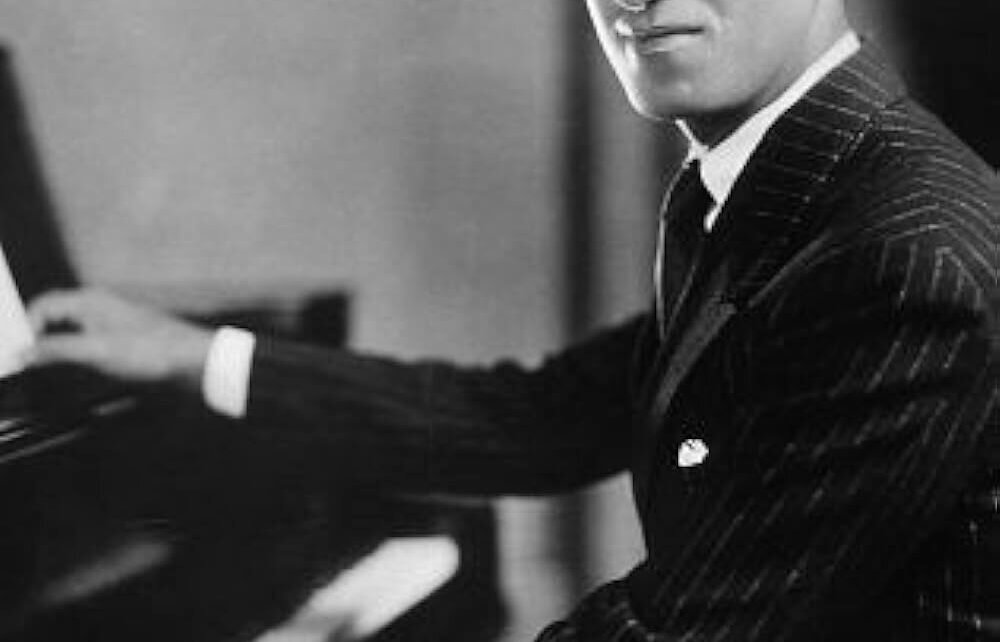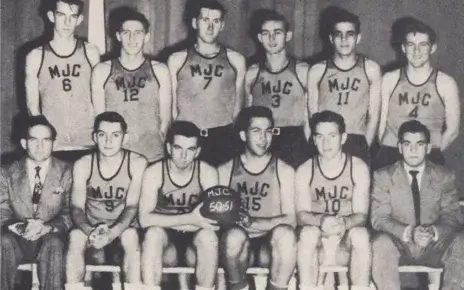The Center of the Arts hosted The Mind and Music of George Gershwin: A Live Concert Lecture by Dr. Richard Kogan on Nov. 4 at Pollak Theater.
The audience consisted of the outside community, including those who had grown up with Gershwin’s music. All different generations gathered in Pollak Theatre, sharing a similar interest in a night of music. Couples were bopping their heads to the beat and tapping on their legs. Dressed in their Saturday best, they all came to celebrate someone whom they wanted to understand on a deeper level.
Richard Kogan, who guided the talk, was led to Gershwin’s story through his own studies in psychology and art. The Julliard Music and Harvard Medical Schools graduate described how medicine solved the behavioral problems that Gershwin faced at a young age. Very much a rebel at heart, Gershwin was able to find closure through the beats and rhythms that make up the “blue” notes he was known for, long before psychiatry medicine was widely accepted and or used. Accepted now by the transmission of radio and celebration of Broadway, he blended three common genres: pop, jazz, and classical.
Kogan defined Gershwin’s music as “clusters of genius,” whereas I would describe the notes he composed as daringly haunted mixed with utter jitterbug. Kogan’s face lit up through the music, smiling but also playing with somber facial expressions when appropriate.
Kogan brought the discussion further, blending the worlds between the generations in the audience. He talked about the debate of modern-day psychologists, questioning how does pigeonholing help but also hold back those whose expression is often defined by their experiences and styles.
As the son of Russian immigrants who wanted to assimilate into American culture, Gershwin undoubtedly captured the American soul as well as the feelings of being too much or too little of anything. Kogan, about one thing that stuck out to him in regards to life, said, “Gershwin did suffer overcompensating for feelings of insecurity.”
In the music, I could hear the blend of musical geniuses who have brought back these generations to the forefront of the radio, and it made me think about all those who did not live to see the greatness of their stories. Ira, Gershwin’s brother who composed the language above the music, mourned his death for years later. Kogan helped me to see just how music heals and perhaps opens our minds to things we may have not seen without it. Given the reaction of the audience, I can definitely say that everyone could benefit from learning about this emerging science of creativity.




